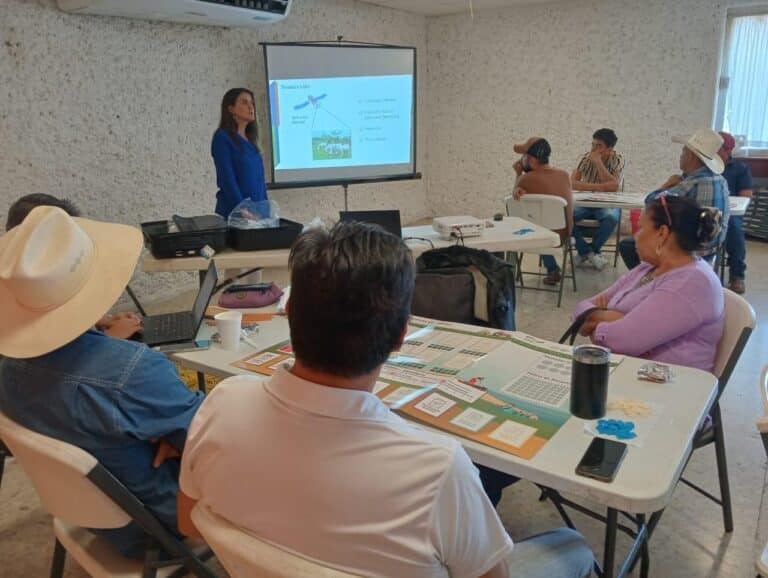The export of agricultural products reached 2,052 million dollars in 2016, which represented a growth of 0.2%.

of the of the Ministry of Agriculture
Santo Domingo, Rep. Dom., March 2018 (IICA). In order to democratize the access to information and to strengthen government and society relations, the agricultural sector of the Dominican Republic, headed by the Ministry of Agriculture, offered the accountability report of the actions implemented in the year 2017.
The Minister of Agriculture, Mr. Ángel Estévez, indicated that during 2017 the agricultural sector grew by 5.9%, thanks to actions carried out by the institutions of this sector and the policies implemented by the government. Likewise, during his speech, Mr. Estévez thanked the contributions made by IICA in the strengthening of public institutions linked to the agricultural sector.
The actions carried out on 2017 allowed agricultural production to become the third largest source of increase in the national economy, guaranteeing the food security of the Dominican people; as well as maintaining an increase in export levels.
The main agricultural products of greater growth were rice from 12.2 million quintals in 2016 to 12.9 million quintals in 2017, for 5.7%, and bananas at 5.4%, increasing its volume of 2.399 billion units in 2016 to 2,530 million units in 2017.
Other products that increased its production were milk, which grew by 10.58%, going from 755 million liters in 2016 to 835 million liters in 2017. Egg production went from 1,714 million units in 2016 to 1,867 million units in 2017, representing 8.8% growth and chicken production increased by 3.84%, from 199.5 million units in 2016 to 208 million units in 2017.
At the international markets level, the agricultural products that reflected the highest demand were tobacco and substitutes, which went from 764.9 million dollars in 2016 to 845.8 million dollars in 2017, reaching 65% growth. The avocado grew 46%, going from 33.4 million dollars in 2016 to 48.9 million dollars in 2017. Other items were the pepper, which grew 10.3%, rising from 16 million dollars in 2016 to 17.7 million dollars in 2017; likewise, tomato exports grew by 21.7%, going from 14.5 million dollars in 2016 to 17.6 million dollars in 2017.
It was highlighted in this report that, as a result of the efforts made by the authorities of the agricultural sector of the Dominican Republic, a balance has been maintained between the supply and demand of agricultural products, which has allowed agricultural producers to have profitability, as well as quality and safe products for consumers, at affordable prices.

of Agriculture
According to the Ministry of Agriculture authorities, one of the most important achievements of the agricultural sector during 2017 was the eradication of the Mediterranean Fruit Fly (Ceratitis capitata) in June of that year, which allowed the Dominican Republic to be placed as one of the 14 countries that managed to eliminate the plague among the 120 countries where it currently exists, receiving the congratulations from the Committee on Sanitary and Phytosanitary Measures of the World Trade Organization (CMSF-WTO) and other organizations such as the IICA, USDA-APHIS, the IAEA, MOSCAMED Guatemala; among others.
Other strengthened areas included in the 2017 accountability report were the growth of greenhouses areas, genetic improvement, establishments of the in vitro animal biotechnology laboratory, micropayment laboratory of in vitro plants, low sanitary notifications, the establishment of a Single Registry of Agricultural Producers (RUPA); among other implemented projects.
More information: Hector Garibaldis Perez, Specialist in Agribusiness, hector.perez@iica.int











